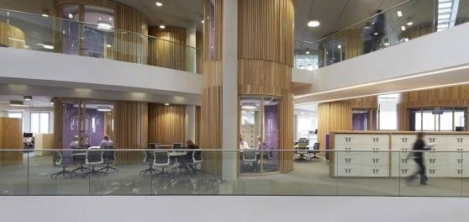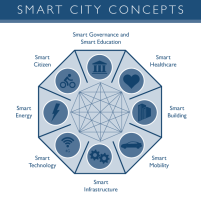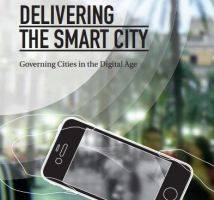December 8, 2014
Flexible working could boost economy by £90 billion, claims report
 The widespread adoption of flexible working in the UK could boost the economy by as much as £90 billion each year according to a new report from mobile tech firm Citrix and the Centre for Economics and Business Research (Cebr). The study of 1,272 British knowledge workers claims that their ‘best case scenario’ calculation is based on saving UK workers £7.1 billion in commuting costs and over half a billion hours spent travelling. This would add around £11.5 biliion annually to the economy. The report also suggests that an even greater boost to GDP could come from the introduction of a large number of currently unemployed and underemployed individuals such as the retired, disabled and stay-at-home parents. By tapping this pool of talent the report claims that the economy would benefit by up to £78.5 billion annually, equivalent to nearly 5 percent of GDP.
The widespread adoption of flexible working in the UK could boost the economy by as much as £90 billion each year according to a new report from mobile tech firm Citrix and the Centre for Economics and Business Research (Cebr). The study of 1,272 British knowledge workers claims that their ‘best case scenario’ calculation is based on saving UK workers £7.1 billion in commuting costs and over half a billion hours spent travelling. This would add around £11.5 biliion annually to the economy. The report also suggests that an even greater boost to GDP could come from the introduction of a large number of currently unemployed and underemployed individuals such as the retired, disabled and stay-at-home parents. By tapping this pool of talent the report claims that the economy would benefit by up to £78.5 billion annually, equivalent to nearly 5 percent of GDP.























December 4, 2014
Why doesn’t the HR dept have more of a role in workplace design?
by Steve Brewer • Comment, Facilities management, Workplace, Workplace design
(more…)